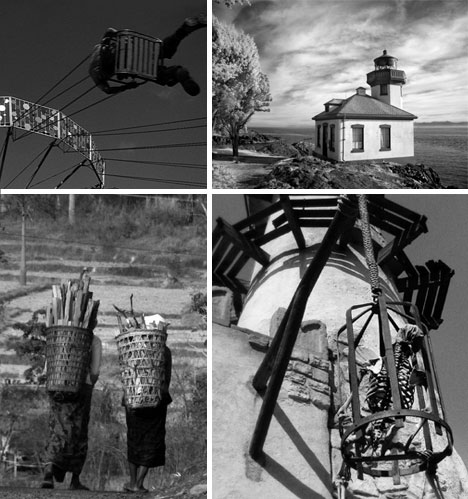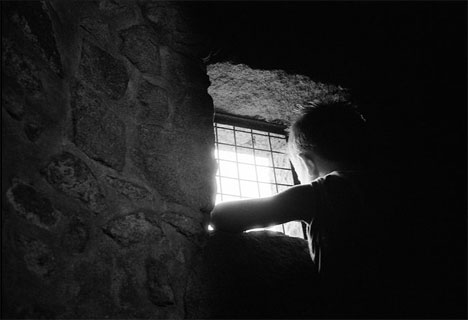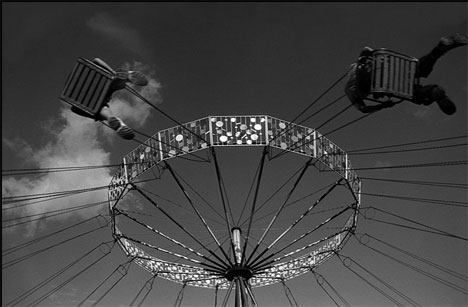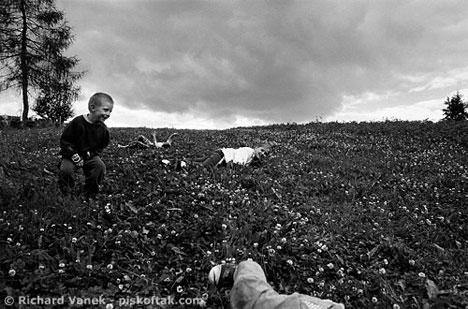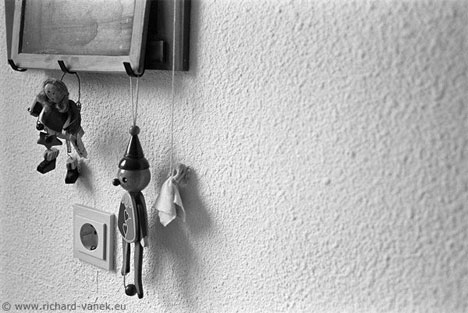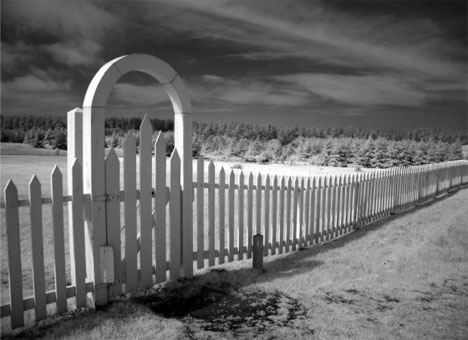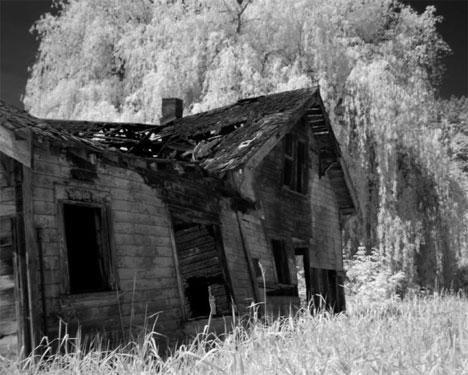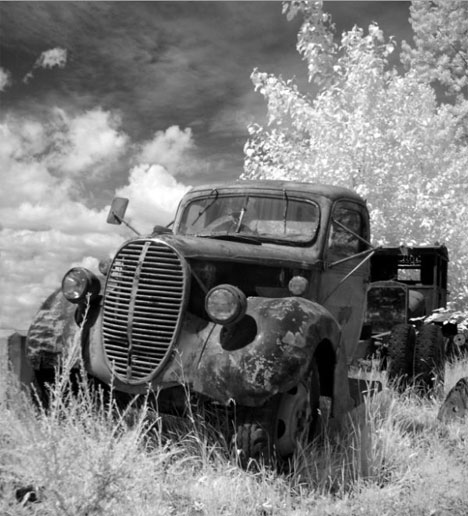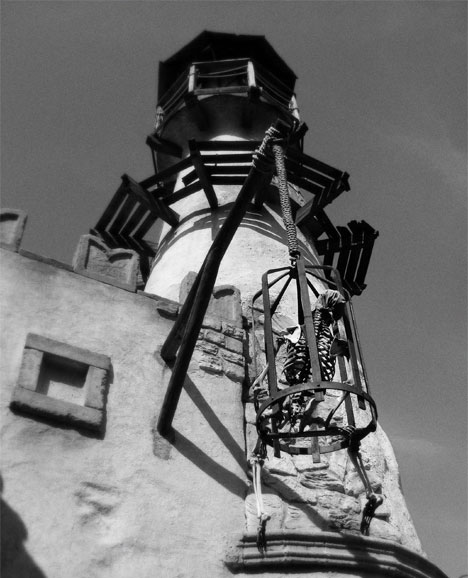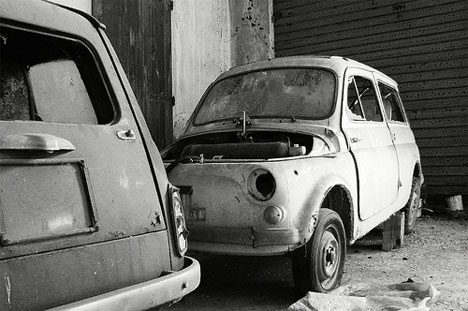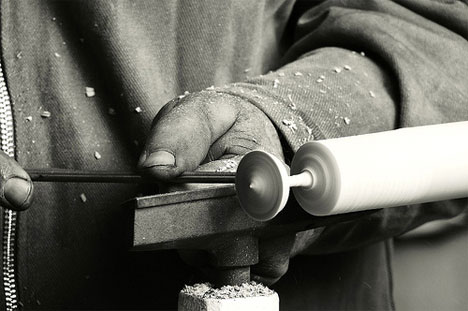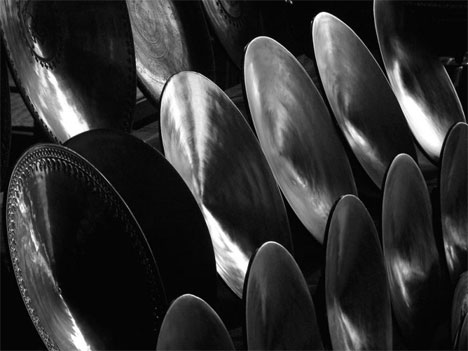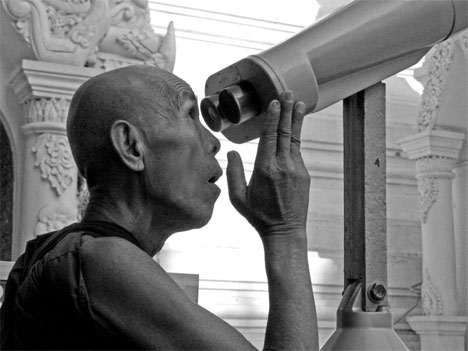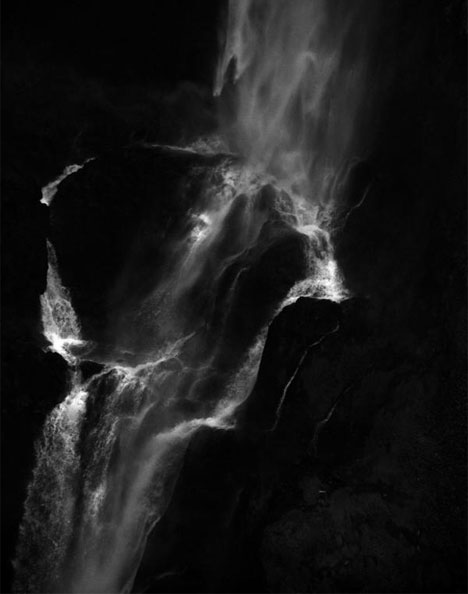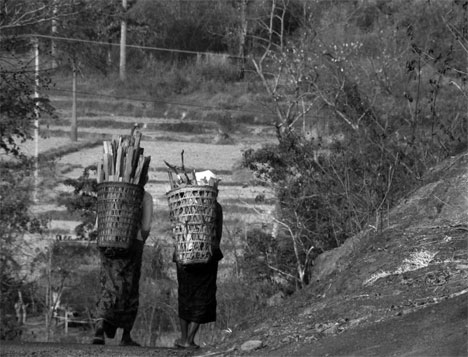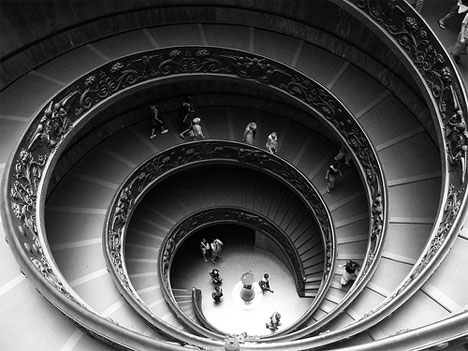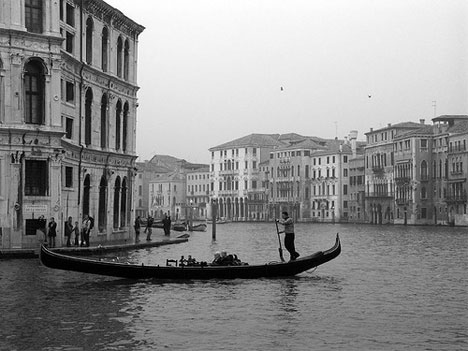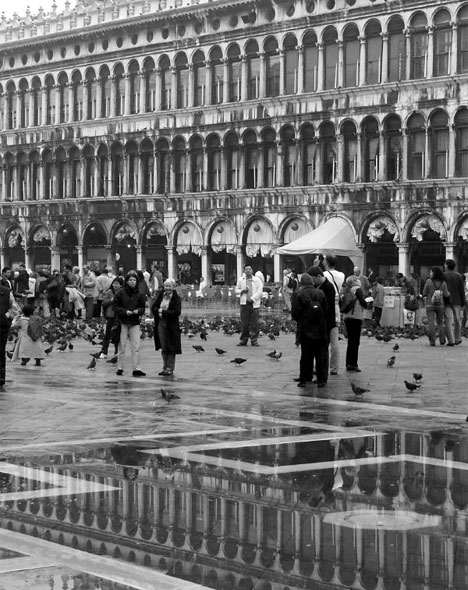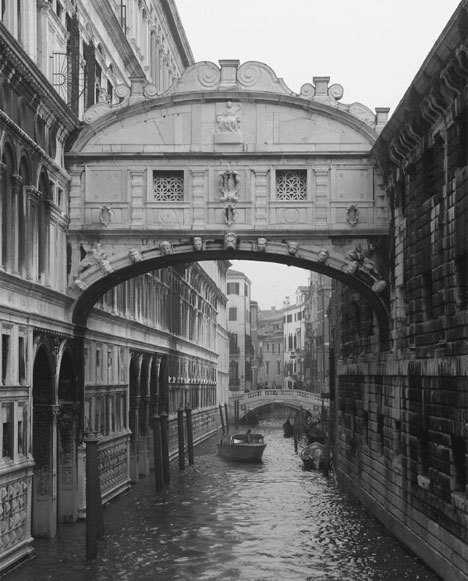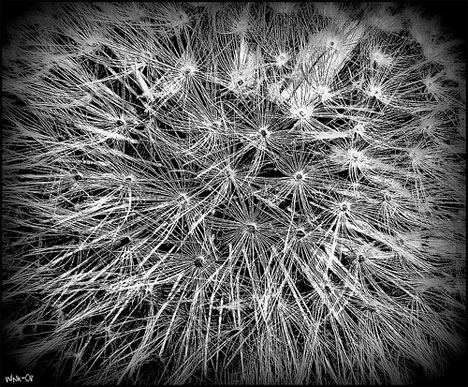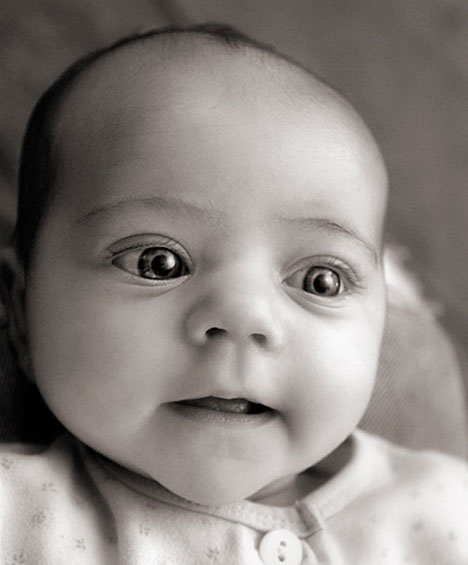In the early days of photography, monochrome wasn’t a choice – it was a fact. When color film was made possible, it became all the rage. For decades, black and white photography was all but forgotten by everyone other than professional photographers. But recently it’s been making a resurgence. A new generation of photographers is exploring the amazing visual possibilities of black and white photography.
Richard Vanek
(images via: Richard Vanek)
It has been said that color photography requires far less thought than monochrome. While that may or may not be true, anyone who has photographed in both knows that black and white does take some careful planning. The lighting and composition of a black and white shot will make a huge effect on the finished photograph, perhaps more so than on color shots. The foresight that Slovakian photographer Richard Vanek invests in his photographs is obvious. His “Remembering Childhood” series consists of reconstructed memories of his childhood or images that remind him of specific moments from his early life.
CB Clements
(images via: Webshots)
Infrared photography is a stunning way to get a different perspective on common subjects. When it’s combined with monochrome photography, such as in these photos from C.B. Clements, the results are truly incredible. Black and white infrared photographs look somewhere between HDR photos and old film negatives. The unexpected tones and enhanced textures make for some of the most beautiful monochrome pictures ever.
Roby 72
(images via: Roby 72)
The sense of personality and feeling displayed by subjects in photographs is somewhat more poignant in black and white than in color. Because there are no bright colors to convey happiness or muted colors to display desperation, the weight of emotion lies wholly on the composition, textures, and lighting of the photograph. Roby 72 has only been taking photographs since 2007, but judging from his masterful composition of monochrome photos, it’s easy to assume that he’s been a photographer for much longer.
Phil Douglis
(images via: Phil Douglis)
Photographers favor monochrome photos for a variety of reasons. Phil Douglis often takes his photographs in color and converts them to black and white in order to emphasize certain aspects of the image. By removing the color, he removes the distraction of colors and is able to draw attention to shapes, negative spaces, textures, and positions. His photographs are strong in color, but incredible without color.
Marcus Puschmann
(images via: fotopusch)
Even images that have been seen before become extraordinary when seen in black and white. Without colors to distract the eye, the viewer is free to discover new details and parts of the picture that aren’t apparent in a brightly colored image. These photographs from Marcus Puschmann show images from Venice, one of the most heavily photographed cities in the world, but they seem to show a new side of the city. The spiral staircase in the Vatican is a highlight of his set, showing a unique perspective and beautiful composition.
Wendell “In the Rough”
(images via: In the Rough)
Photographers who use black and white know that not all shots will work without color. Some look boring or too dark, and some lose a lot of detail. But there are some shots that work much better with a lack of color. Close-up nature shots can be absolutely stunning in black and white, as can architectural photographs and portraits. This photographer, who goes by the Flickr handle “intherough,” has a great eye for striking black and white compositions.
Sara Heinrichs

(images via: Sara Heinrichs Photography)
Although complex and heavily textured subjects look amazing in black and white, there is also something to be said for smooth, simple lines in black and white. Sara Heinrichs is an outstanding photographer specializing in portraits, and her portraits of newborns utilize black and white for gorgeous results. The simple innocence of the tiny babies is emphasized by the lack of distracting colors. Their flawless skin and bright eyes light up the frames and never fail to elicit an “aww” from viewers.
